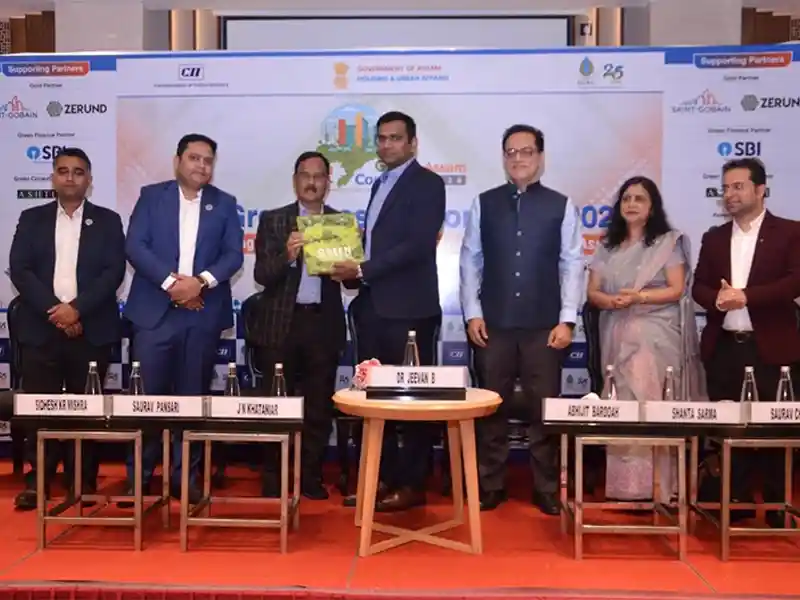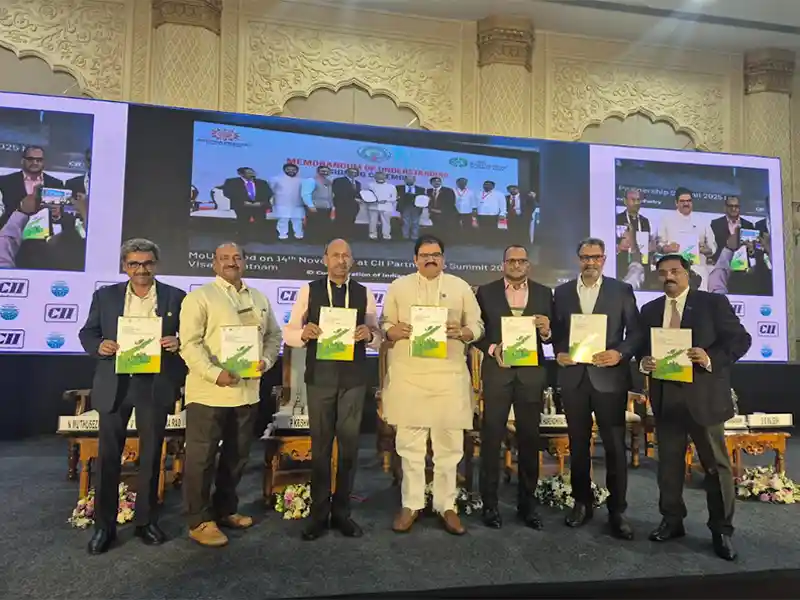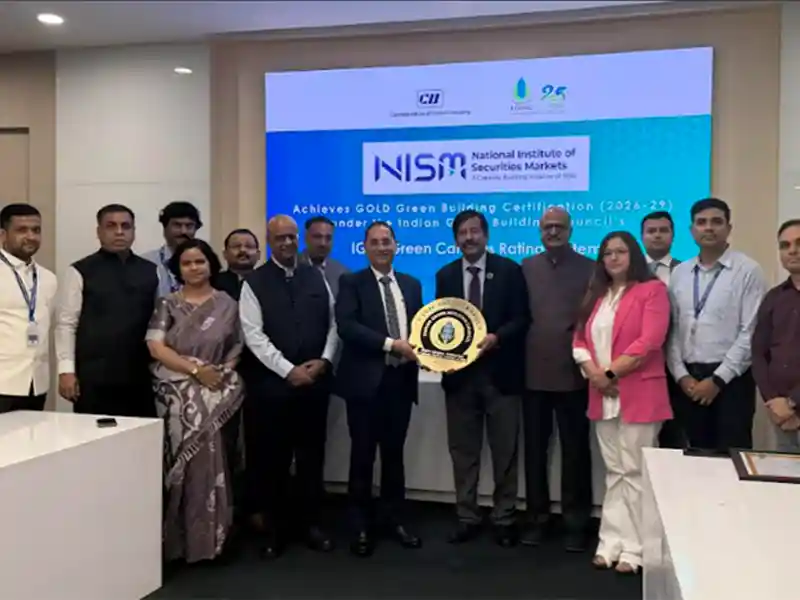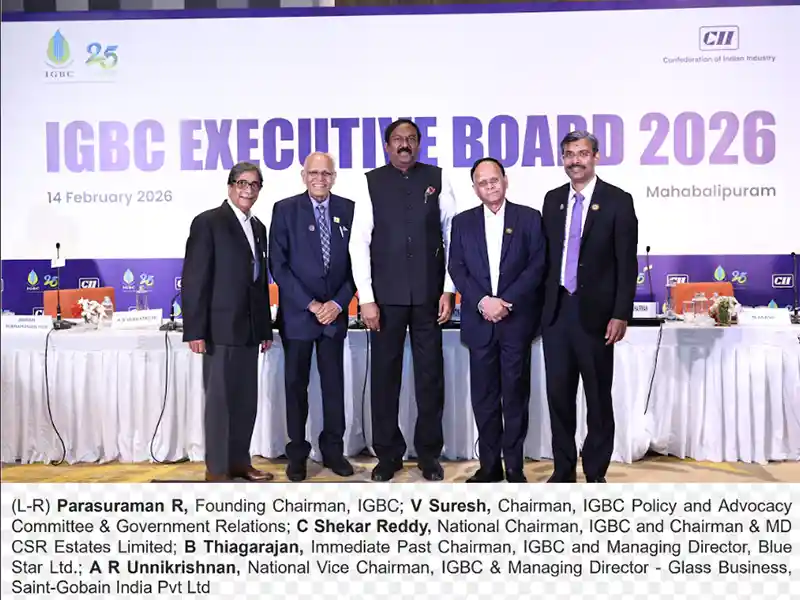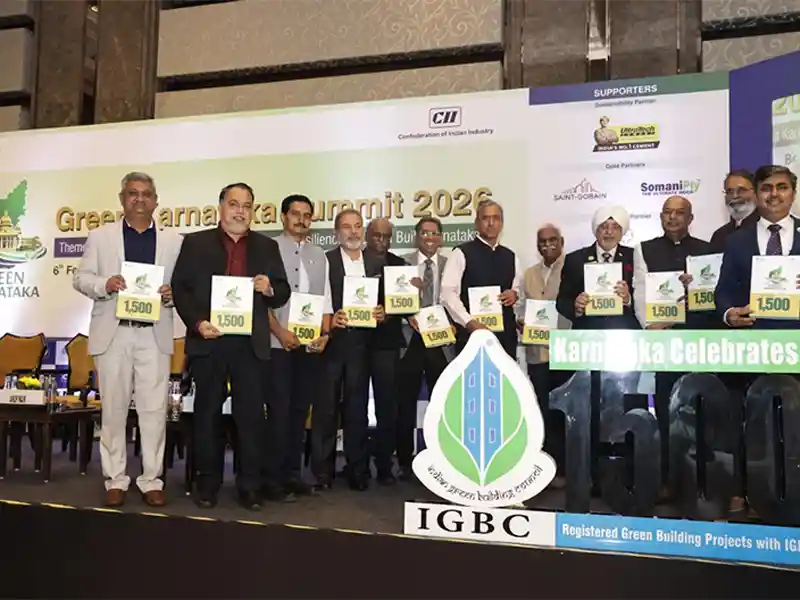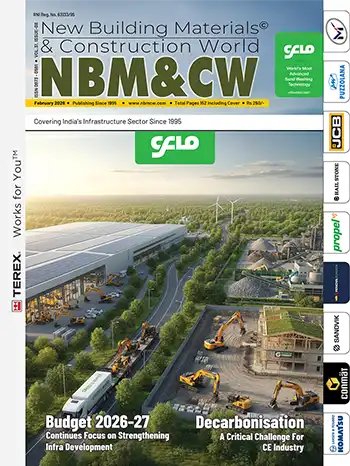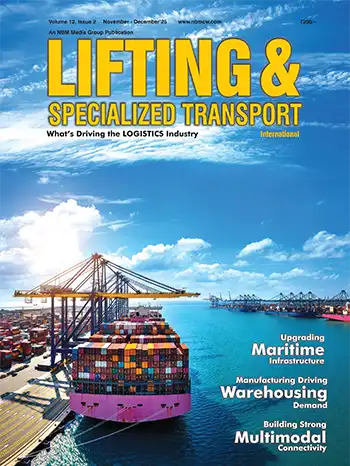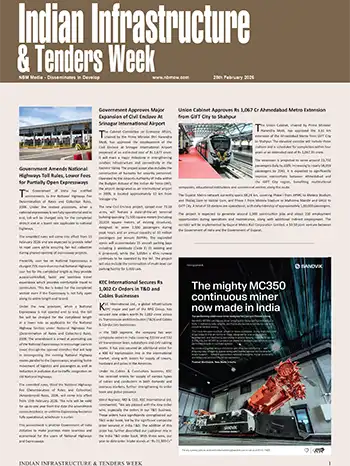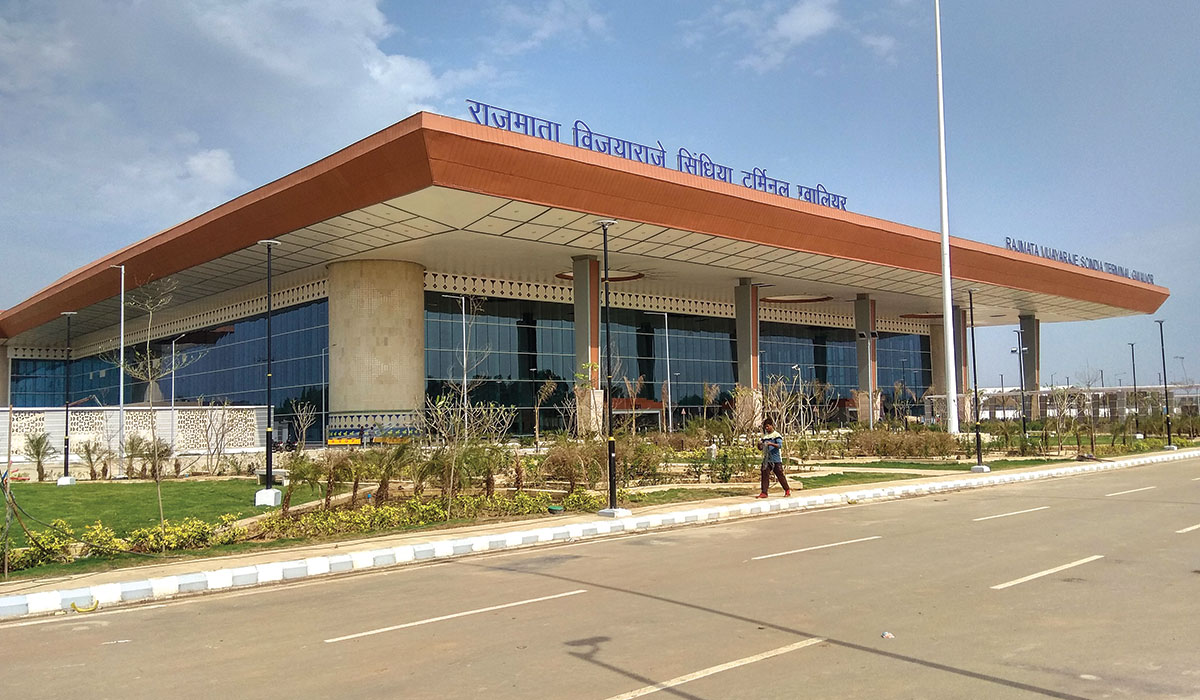
Sustainable practices like solar panels, eco-friendly properties of zinc, and rainwater harvesting systems reduce the carbon footprint, setting a new standard for environmentally conscious architecture. Zinc’s high reflectivity minimizes heat absorption, reducing the need for extensive cooling systems and lowering energy consumption. Additionally, the lightweight nature of zinc panels simplifies installation and reduces structural loads, further enhancing the airport’s sustainability profile.
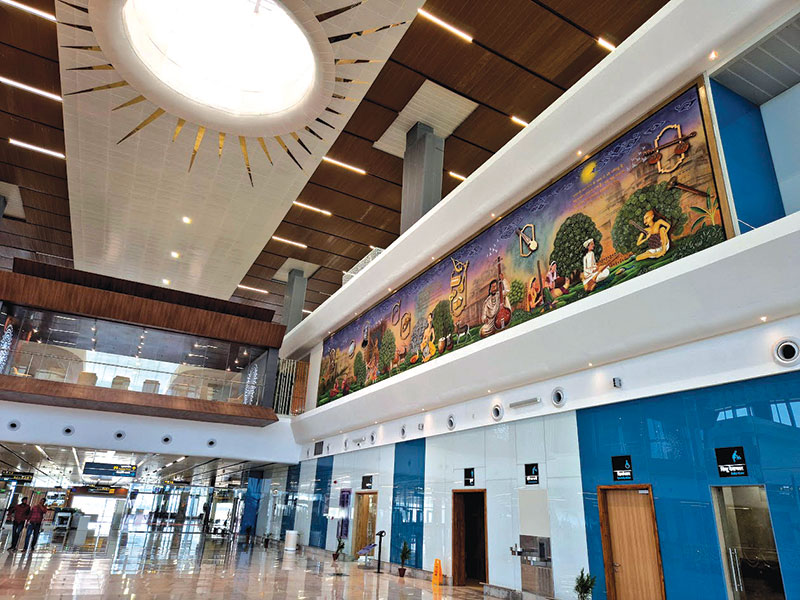
Dr. Rahul Sharma, Director (India) of the International Zinc Association, emphasized the crucial role of infrastructure in driving a country’s growth and development. “India is seeing massive infrastructure expansion because of the government’s efforts and notable projects. As per CECRI, India loses around 3 to 4% of GDP annually on account of corrosion. Driven by the imperative of ensuring the longevity and protection of a nation’s vital infrastructure, the International Zinc Association advocates adoption of durable and proven corrosion protection methods such as structural galvanization in all their construction.”
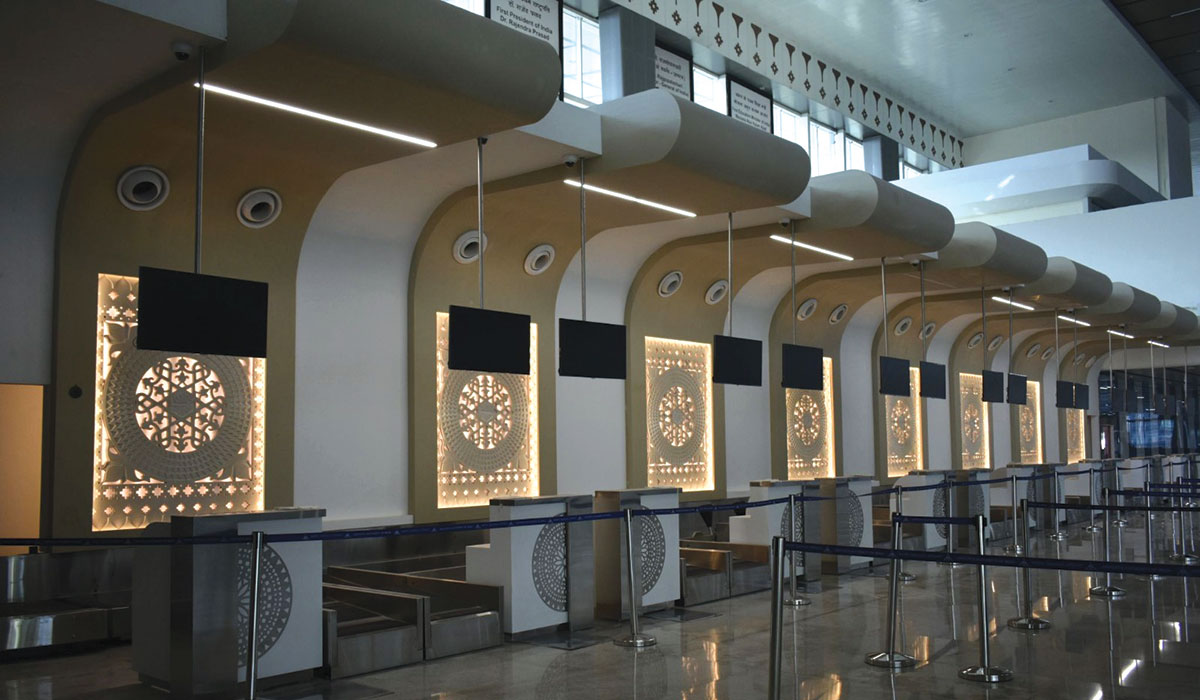
Beyond its aesthetic appeal, zinc plays a pivotal role in advancing sustainable construction practices at Gwalior Airport. Its durability, corrosion resistance, and recyclability align with the airport’s commitment to environmental stewardship and energy efficiency. The roofing of the airport, crafted using zinc panels, epitomizes the perfect blend of aesthetic appeal and practicality. These panels not only provide weatherproofing and corrosion resistance but also contribute to the airport’s energy efficiency.

